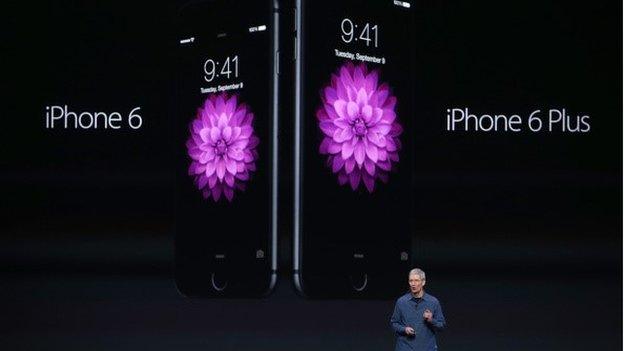Android Lollipop update causes problems
- Published
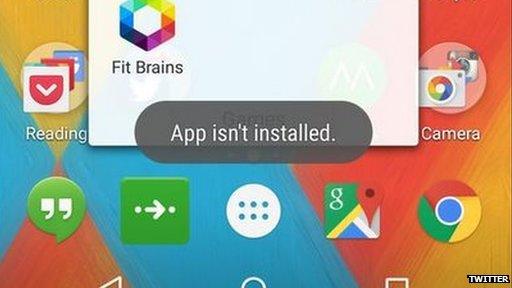
Users have reported Adobe Air-based apps being wiped from their handsets
Early adopters of Google's latest Android operating system are warning others of problems with the software.
Issues include the update causing Nexus 7 tablets to run slowly and repeatedly crash, with several users complaining they had become "unusable", external.
The code also appears to remove apps built with Adobe Air and then prevent them from being reinstalled.
Adobe said it had not been aware of this "critical" bug before Tuesday and had escalated it with Google.
A spokesman for the search firm was unable to comment at this time.
'Shockingly bad'
Android 5.0 - also known as Lollipop - is described as a "quantum leap forward" by Google and has attracted several , externalpositive reviews, external, fuelling desire for the software.
It revamps the system's user interface, offers greater control over notifications, and makes changes to the way the OS executes code, which Google said should mean fewer "temporary glitches" than before.
At the moment, it is only available to a limited number of machines, because many network operators and device manufacturers have yet to complete their own tests.
However, owners of Nexus-branded machines - which are sold by Google itself - can install the software by downloading it from the firm's website, external or, in the case of the Asus-made Nexus 7, accepting an over-the-air update.
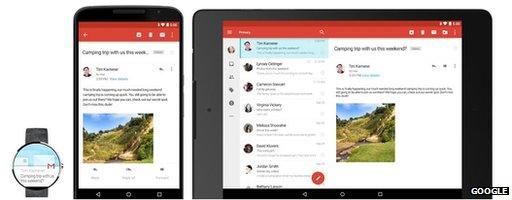
Android Lollipop adapts its look to suit smartwatches, smartphones and tablets
Nvidia, LG and Motorola have also released Android Lollipop updates for some of their handsets and tablets.
Dozens of messages posted to Google's own forums suggest that owners of the 2012 version of the Nexus 7, in particular, are experiencing headaches.
"Some apps won't work and some crash. I wish I didn't install the update," wrote Kristen Sawyer, external.
Another user, nicknamed StretchToo said, external: "Chrome is dead, unusable, Firefox just about works, the keyboard takes over a minute to load, nearly works if you hunt and peck but dies if you try to swipe."
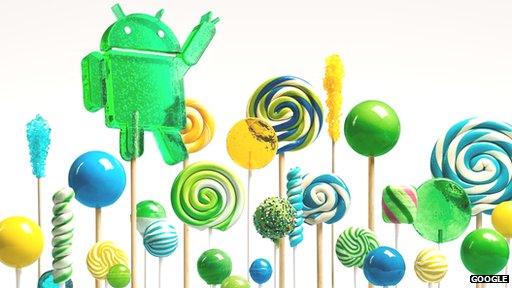
Android 5.0 was released to the public earlier this month
Some tablet owners have, however, suggested potential solutions to such problems.
"Updated and the Nexus is [so] shockingly bad it is basically unusable, lags just rotating the screen, every task takes 10 seconds to perform if it does it [at all]," wrote Gary Looker.
"I've turned off Google Now, changed transitions to zero and limited it to two background apps maximum like the good people here suggested.
"I shouldn't have to do that, and many people won't know where to turn or who to listen to."
Escalating the issue
Several Android Lollipop users have also highlighted compatibility problems with Air-based apps.
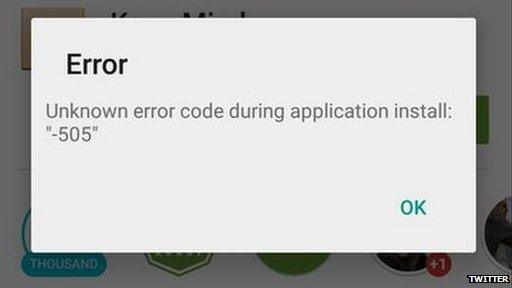
Users say Android Lollipop refuses to reinstall some wiped Adobe Air-based apps
Air allows developers to use Adobe's Flash and Dreamweaver tools to create software, and is particularly popular with indie video game makers.
Examples of titles that use the tech include Machinarium, Hero Mages and Empire Four Kingdoms, while non-gaming examples include Instaweather Pro and Conqu.
"We were previously unaware of this bug and contrary to other reports, were not working with Google on a fix," wrote Adobe product manager, external Chris Campbell in response.
"However, we are working with Google on another self-signed certificate issue that is impacting in-app purchases. It's possible the two are related, but we do not have enough information at this time to determine one way or the other.
"That said, we'll be escalating this issue with Google immediately."
Reports elsewhere suggest some users are experiencing problems with text messages, external, the way contacts are managed, external, and wi-fi connectivity, external.
'Best to wait'
Bugs in major software updates are not uncommon.
Apple apologised in September after faults with iOS 8 caused some of its new iPhones to be unable to make and receive calls, and also restricted their Touch ID functionality.
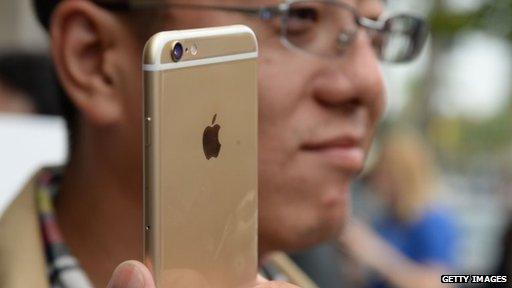
Apple experienced problems of its own following the release of iOS 8
One expert said in general, there were benefits to waiting a few days after a release date before installing upgrades.
"With any software update it makes sense to watch and see if there are any teething problems," said Ian Fogg, from the IHS Technology consultancy.
"Consumers like it and benefit when their devices gain a new lease of life with new features - but they expect what they used to use to continue to work, and that can be tricky.
"What's striking about Android Lollipop is that it's reaching devices from more manufacturers, more more quickly than previous versions of Android.
"Motorola, LG and Nvidia have devices receiving Lollipop almost at the same time as Nexus devices.
"That has benefits to consumers who get it quicker... but of course makes it more complex for Google, which has to manage problems across a wider range of phones and tablets early on."
- Published15 October 2014

- Published31 October 2014
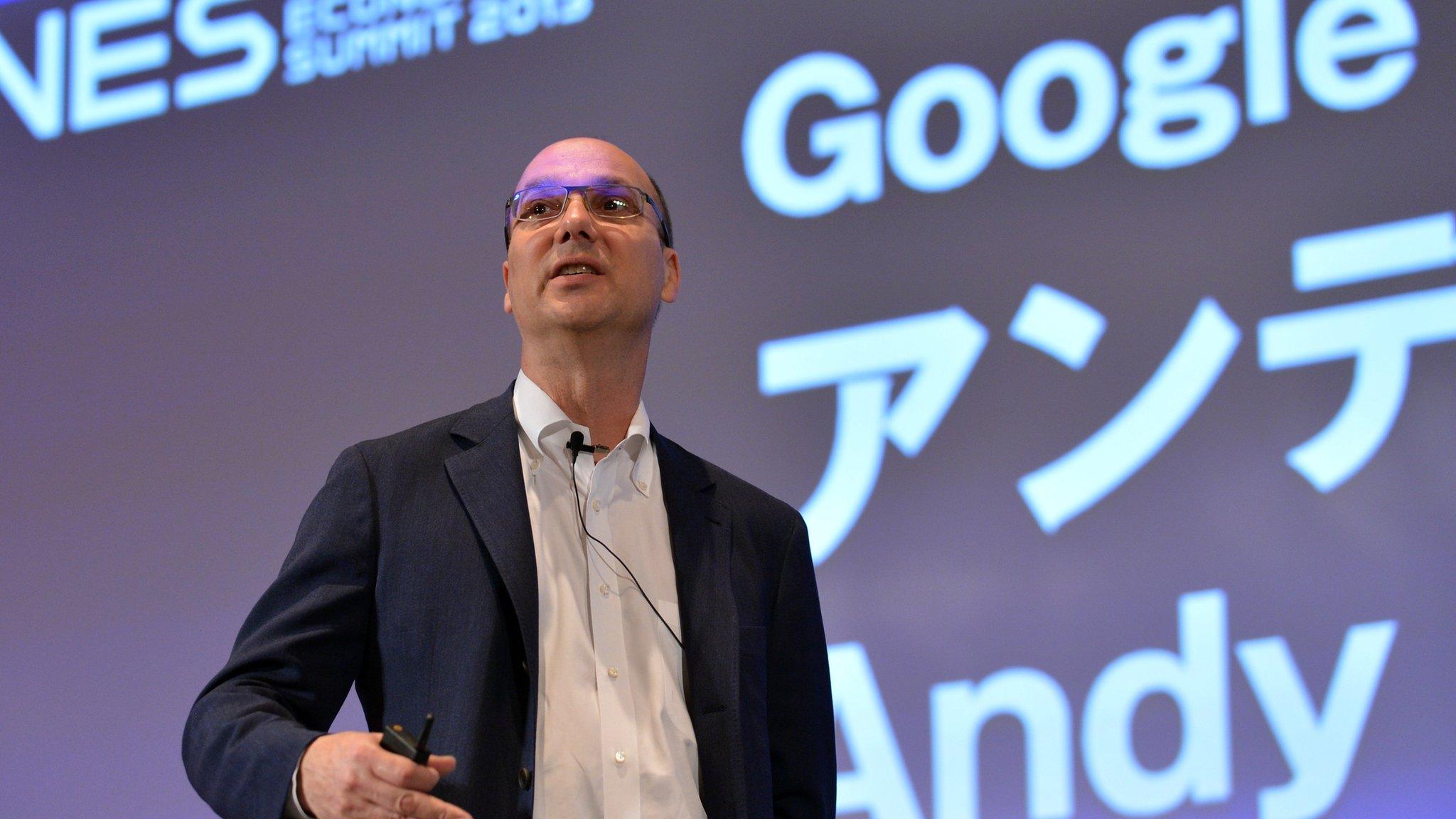
- Published25 September 2014
